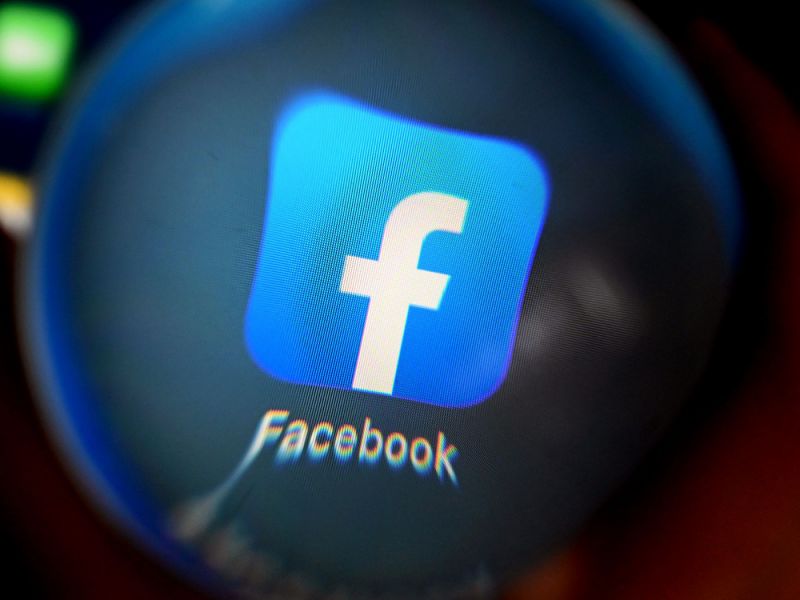(Bloomberg) — Facebook Inc. fielded criticism from a growing number of consumer companies over harmful content on its sites, with Starbucks Corp. and Diageo Plc pulling back on ad spending and General Motors Co. planning to review its social media marketing strategy.
Starbucks and Diageo followed Unilever, Coca-Cola Co.and several other companies in saying they will cut ad spending, part of an exodus aimed at pushing Facebook and its peers to limit hate speech and posts that divide and misinform. On Monday, the pullback continued. Britvic Plc, which supplies a wide range of soft drinks, said it will pause advertising on Facebook and Instagram for July. GM said it’s “reviewing and reinforcing” its marketing guidelines, and Patreon Inc. said it’s removing all ads on Facebook and Instagram. The Clorox Co. said it will stop advertising spending with Facebook through December.
Read more: How to Go Cold Turkey on $77 Billion of Facebook Ads: Alex Webb
While a single advertiser can do little to hurt a company that generated $17.7 billion in revenue last quarter, the rising tally creates peer pressure on other brands, and civil rights groups say they expect more corporations to join a boycott. Combined with a pandemic-fueled economic slowdown, the threat to Facebook is deepening.
“Given the amount of noise this is drawing, this will have significant impact to Facebook’s business,” Wedbush Securities analyst Bradley Gastwirth wrote in a research note. “Facebook needs to address this issue quickly and effectively in order to stop advertising exits from potentially spiraling out of control.”
Shares gained 1.9% Monday at 1:36 p.m. in New York, after dropping 8.3% on Friday. Unilever, one of the world’s largest advertisers, said it would cease spending on Facebook properties this year, eliminating $56 billion in market value and shaving the net worth of Chief Executive Officer Mark Zuckerberg by more than $7 billion. Shares closed at $216.08 Friday after reaching a record $242.24 the preceding Tuesday.
Facebook was already bracing for weakness in the second quarter, which ends this week. Chief Financial Officer Dave Wehner said in an April earnings call that he saw the “potential for an even more severe advertising industry contraction.”
The number of coronavirus cases has surged in the intervening months, prompting many parts of the country to slow or roll back reopening efforts and giving advertisers added justification to rein in spending. Facebook’s sales will rise 1% in the June period, followed by a 7% increase in the third quarter, analysts predict, by far the smallest quarterly growth increases since the company went public.
Advertiser boycotts in July could cost Facebook more than $250 million in the third quarter if 25% of its top 100 buyers pause spending, and as much as $500 million if 50% of the top advertisers stop, according to Bloomberg Intelligence analyst Jitendra Waral.Zuckerberg announced changes Friday designed to appease critics, but the Anti-Defamation League, one of the groups calling for the boycott, called the amendments “small.”
Some analysts have said the financial impact of recent exits will be limited, citing past advertiser revolts. Even so, this exodus is distinct in key ways, Bernstein Securities analyst Mark Shmulik wrote in a research note Saturday. There’s heightened pressure to publicly demonstrate that brands stand with civil-rights groups, he said.
“The current environment is very different,” Shmulik wrote. “It is very visible who is and isn’t participating in the boycott where brand silence [equals] being complicit.”
(Updates to add Clorox in second paragraph.)
<p class="canvas-atom canvas-text Mb(1.0em) Mb(0)–sm Mt(0.8em)–sm" type="text" content="For more articles like this, please visit us at bloomberg.com” data-reactid=”53″>For more articles like this, please visit us at bloomberg.com
<p class="canvas-atom canvas-text Mb(1.0em) Mb(0)–sm Mt(0.8em)–sm" type="text" content="Subscribe now to stay ahead with the most trusted business news source.” data-reactid=”54″>Subscribe now to stay ahead with the most trusted business news source.
©2020 Bloomberg L.P.













Add Comment